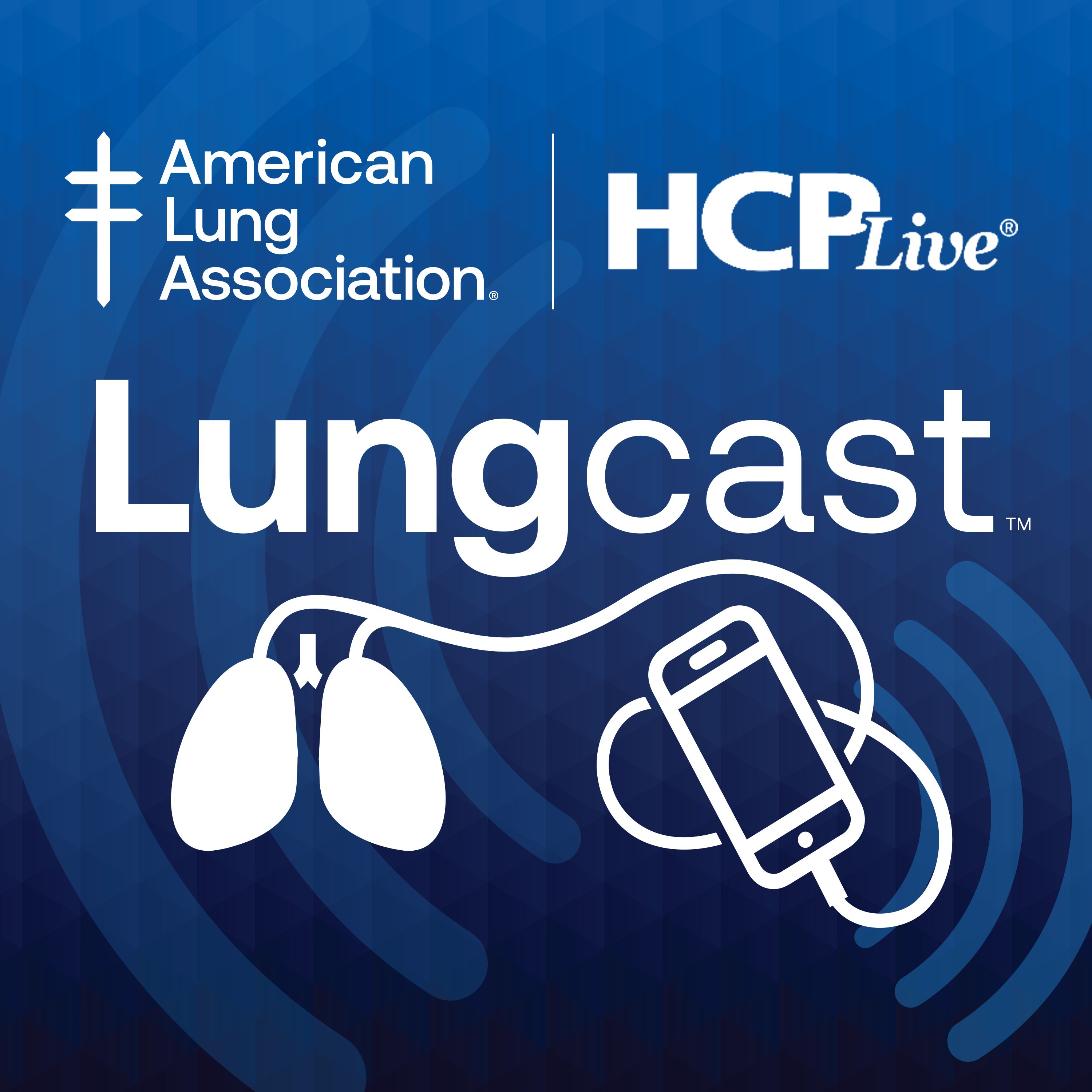Article
All Tweets Not Sweet
I had the TV switched on to news like I normally do in the mornings while I’m getting ready for work, when a discussion of Twitter caught my attention.
I had the TV switched on to news like I normally do in the mornings while I’m getting ready for work, when a discussion of Twitter caught my attention. CNN showed selected posts regarding the swine flu, and while a couple were just plain creepy (I can’t believe any sane person would think the swine flu was planted in pork by Al-Qaeda), there were a hodge-podge of comments that showed a distinct lack of health literacy, with the potential to produce a less-than-helpful public reaction.
The good thing about Twitter is that once you press the “enter” button, a zillion people can read what you have to say. The bad thing about Twitter is that people tend to believe whatever they read, unless they have the wherewithal to verify information via credible sources.
All of which lead me to wonder, how many health professionals out there are tweeting? I found the CDC offering flu-related information, as is the American Public Health Association and the Red Cross, and was pleasantly surprised at the number of physicians using the tool to reach patients, if not the general public.
Problem is, these physicians weren’t all that easy to find — for me, anyway - via the Twitter search tool. I did found additional interesting tweeters through who the professionals were following. I tripped up on some great sources of information, such as tweets from the Child Psychology Research Blog, Safe Kids USA, and Recall Newsletter, all of which parents might want to follow. The AMA and the AAFP are using Twitter, but I’m still not seeing the AAP… does anyone know if that’s in the works?





